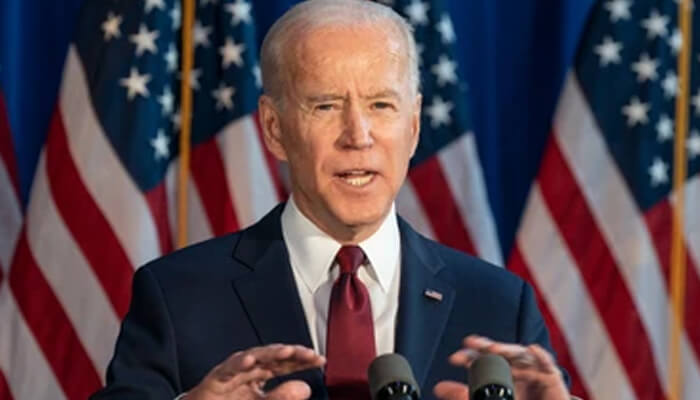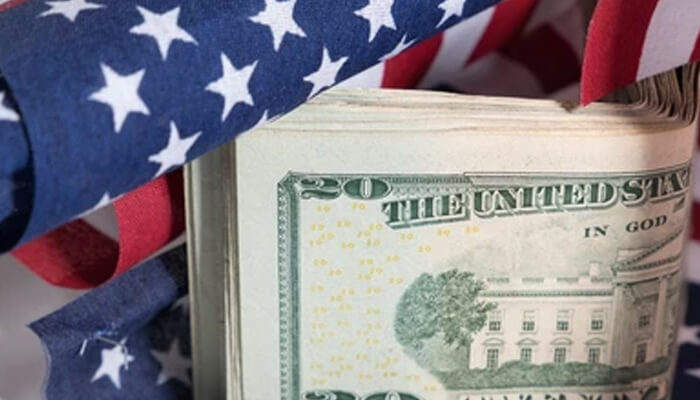After the United States reached its debt ceiling and despite disputes between President Joe Biden and Republicans, a countdown to a potential US default has started.
The US surpassed its $31.4 trillion (£25.4 trillion) debt ceiling on Thursday, limiting the amount the state may borrow. Janet Yellen, Mr. Biden’s Treasury secretary, said the Government had been compelled to take “exceptional measures.”
Unless a deal can be found to expand the borrowing ceiling, the exceptional measures, which amount to cost-cutting, raise the possibility that the US may run out of money in the upcoming months.
The cash constraint comes at a time when Mr. Biden is at odds with Republicans in Congress who think the President is overspending.
Janet Yellen About the Default
Treasury Secretary Janet Yellen alerted members of Congress, including Kevin McCarthy, House Speaker, that her office has started utilizing extraordinary cash management techniques that might prevent default until June 5.
A protracted conflict could shock markets and destabilize the already fragile global economy, corporate leaders and at least one credit rating agency warned.
Due to the difficulty of predicting payments and government income months in advance, Yellen cautioned that the June deadline was susceptible to “substantial uncertainty.”
In a letter to congressional leaders on Thursday, Federal Reserve Chair Janet Yellen said, “I respectfully urge Congress to act swiftly to defend the complete faith and confidence of the United States.
However, there was little indication that either the Republicans or Biden’s Democrats would budge.
Republicans claim that the Treasury could prevent default during a stalemate by giving debt payments priority in order to avoid default, and they are attempting to leverage the debt ceiling and their slim House majority to compel cuts to federal services. In previous standoffs, this notion was considered, but financial experts have questioned its viability.
Mccarthy and Joe Biden
These variations raise the possibility that the government might forego payment of its debts for political purposes. That might tremble global markets and send the biggest economy in the world into an avoidable recession.
As the Treasury Department implements steps to keep the government working until at least June, Biden and McCarthy, a Republican from California, have a number of months to come to an agreement. However, years of growing partisan antagonism have produced a competing set of demands that put the members’ capacity to cooperate on a fundamental job in jeopardy.
Biden Wants a Clean Raise to the Debt Ceiling
In order to maintain current financial obligations, Biden insists on a “clean” raise to the debt ceiling and is unwilling to even initiate talks with Republicans. McCarthy is advocating for talks that, in his opinion, will result in budget reductions. After a contentious start to the new Congress that required 15 rounds of voting to elect McCarthy as a speaker, it is unclear how much he intends to cut and whether fellow Republicans would support any arrangement.
White House press secretary Karine Jean-Pierre responded that it is their “constitutional responsibility” after being questioned repeatedly on Wednesday about whether there is proof that House Republicans can ensure the nation won’t default. She omitted to mention whether the White House had already seen indications that a default was unlikely.
The amount of money the federal government can borrow to pay for operations and programs will be up for a vote in Congress. The $31.4 trillion debt cap is being approached by the debt.



